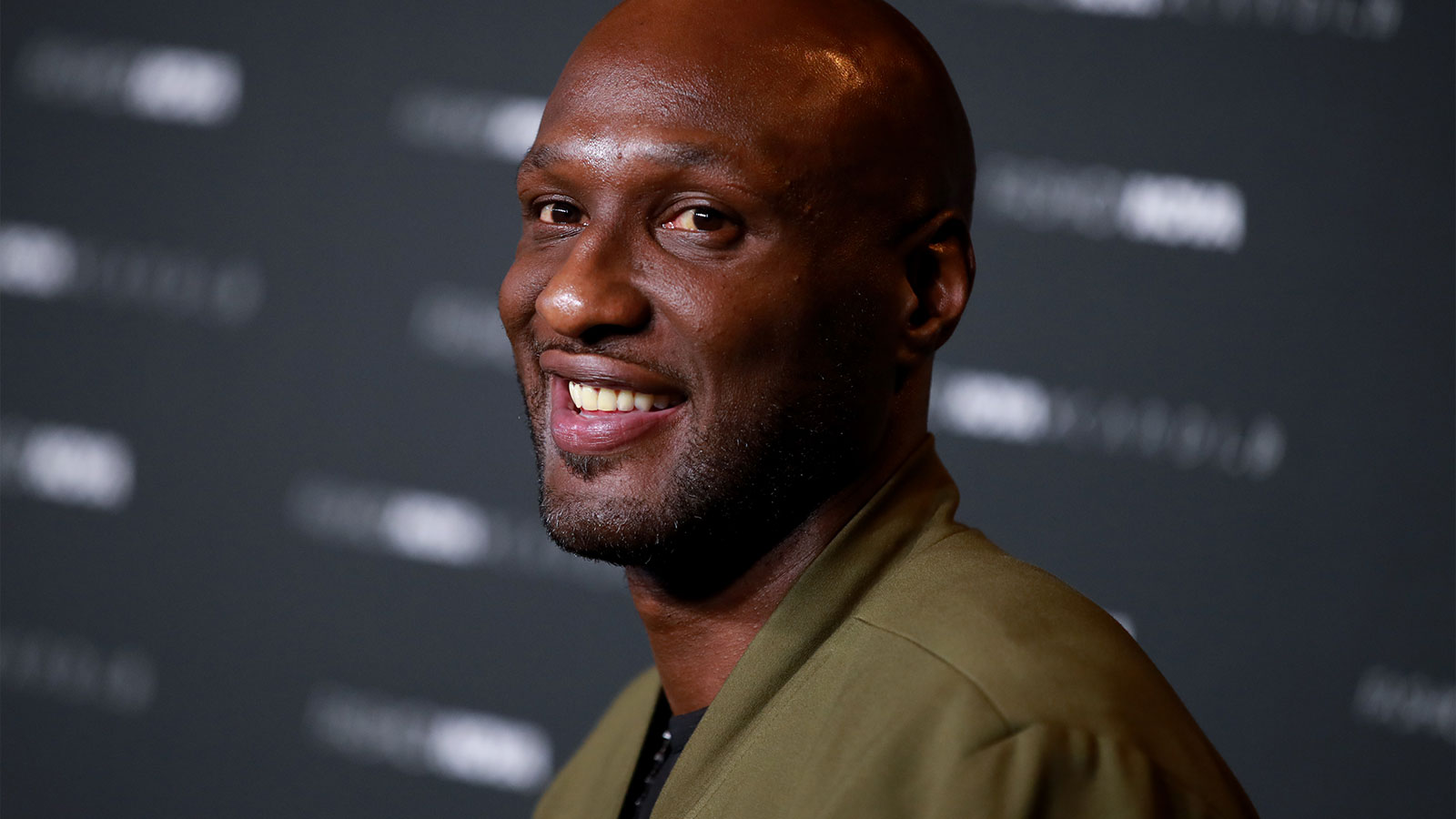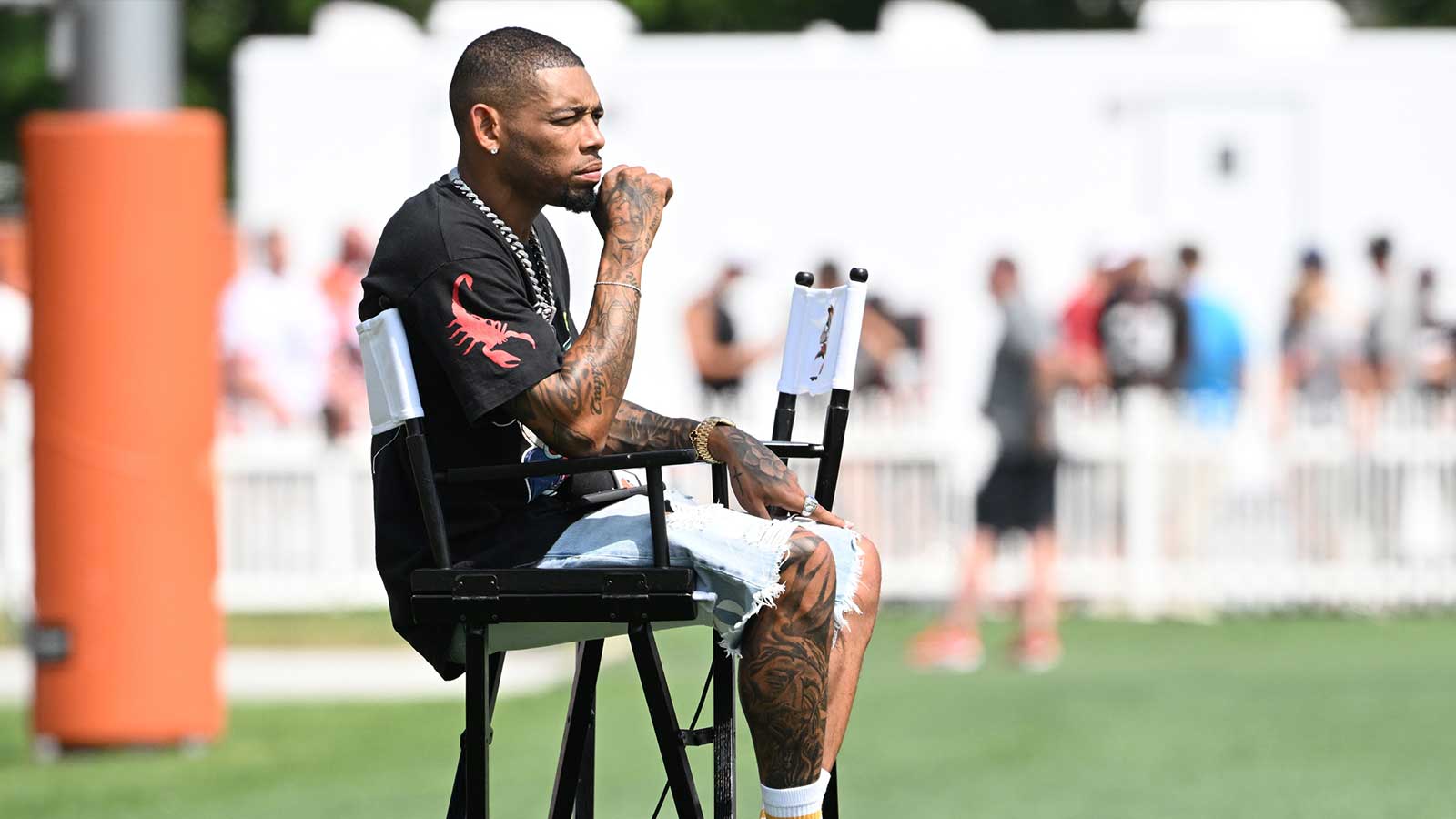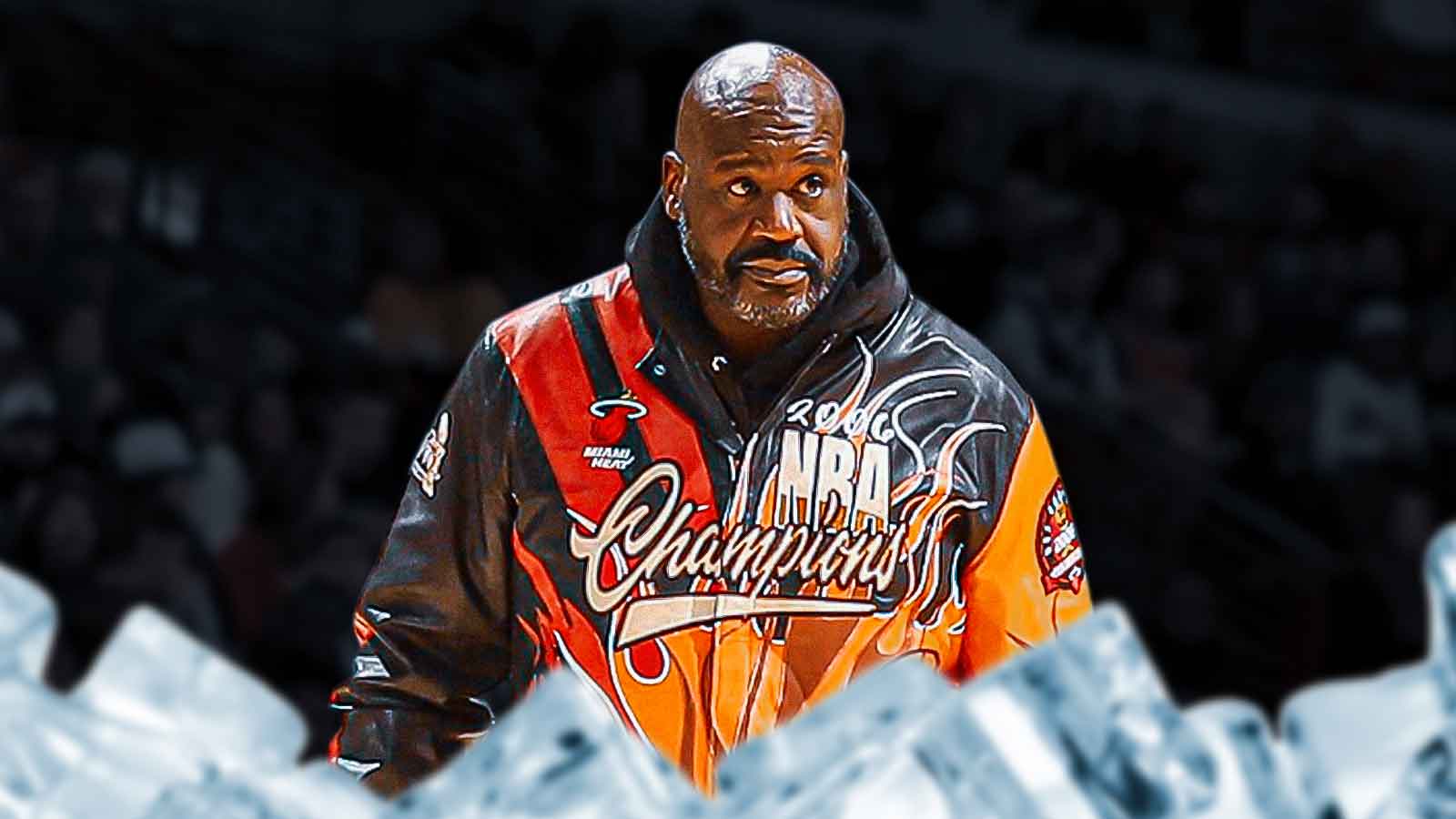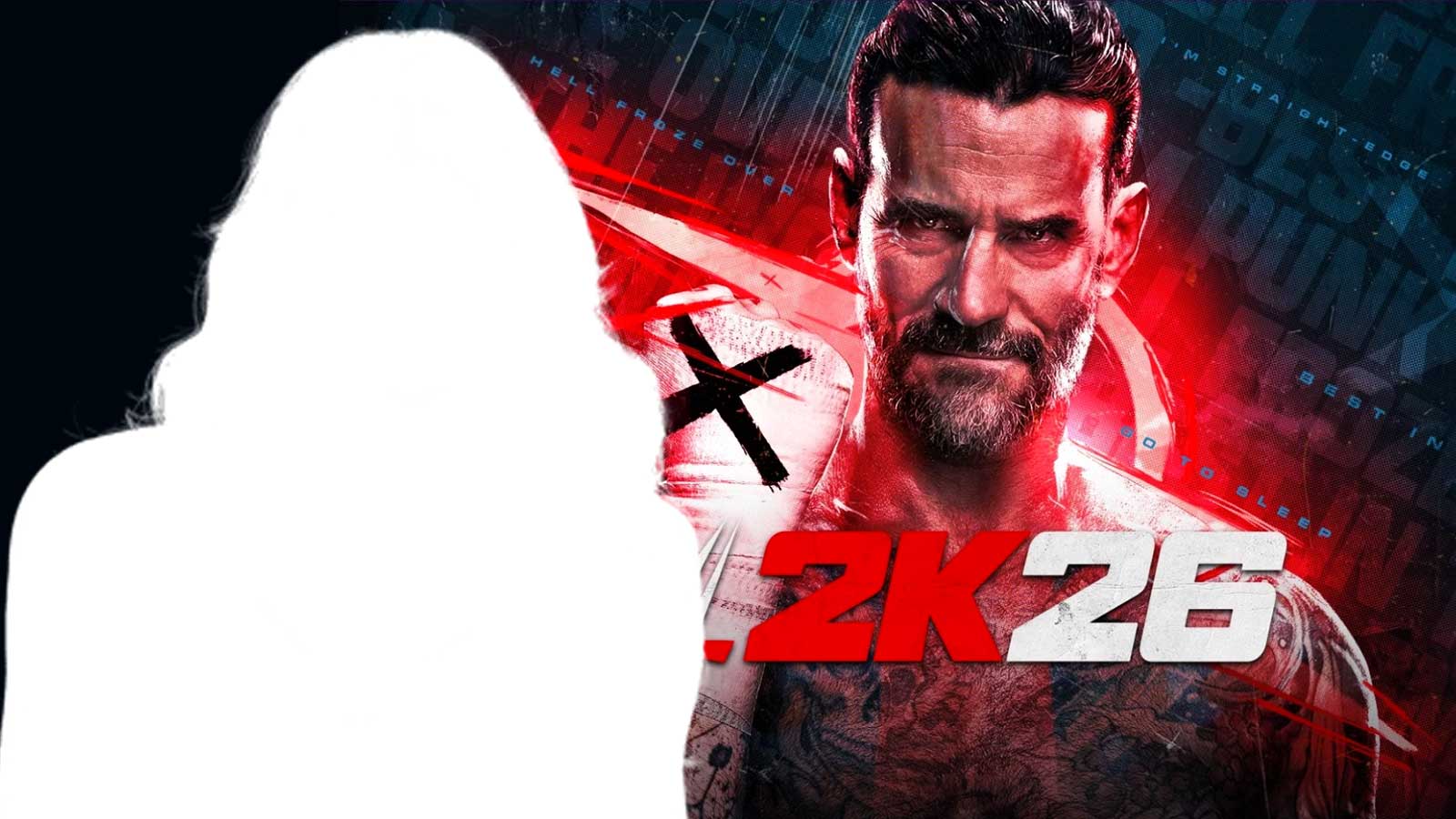Jurors in the wrongful death civil trial of former Los Angeles Angels pitcher Tyler Skaggs began hearing opening statements Tuesday, marking the start of a high-stakes battle over whether the team bears responsibility for his fatal overdose during a 2019 road trip to Texas, per ESPN.
Attorneys representing Skaggs’ widow and parents accused the Angels of ignoring years of red flags surrounding their former communications director, Eric Kay, who was convicted in 2022 for providing Skaggs with a fentanyl-laced pill. “They buried their heads in the sand over and over and over again, and as a result, Tyler Skaggs is dead,” said attorney Shawn Holley, who argued that the franchise allowed Kay’s addiction to spiral unchecked while he supplied drugs to players.
Tyler Skaggs drug death case begins with bombshell accusations against Angels: ‘Buried their heads in the sand’ https://t.co/mE9RRtbyft pic.twitter.com/TxcSmdAQiJ
— New York Post (@nypost) October 15, 2025
Holley told jurors that the Angels “put Tyler directly in harm’s way” by continuing to employ Kay despite multiple warnings and visible signs of drug abuse dating back to 2013. “It was rampant, out of control and incredibly dangerous,” she said, recounting incidents where Kay allegedly showed up to work “very high” and was even seen snorting lines in the clubhouse kitchen.
The Angels push back
The Angels’ defense, led by attorney Todd Theodora, painted a very different picture. He told the jury the team had no knowledge of Skaggs’ substance use or Kay’s role in supplying him with pills. “Angels Baseball did not kill Tyler Skaggs,” Theodora said, emphasizing that the tragedy stemmed from Skaggs’ “reckless decision to mix large amounts of alcohol with narcotics on the night he died.”
Theodora argued that Skaggs never came forward about his struggles, and the organization would have helped if they had known. “We only wish that he could have told us about his challenges with drugs,” Theodora said.
Over nearly two hours of combined opening statements, both sides offered jurors sharply contrasting narratives. Holley detailed a pattern of negligence by the Angels, citing years of warnings and failed interventions. Theodora countered that Skaggs made his own decisions and that Kay’s actions were independent of the team’s knowledge or control.
Holley claimed evidence would show Kay’s addiction was “on full display” by 2018 and that the Angels’ human resources team even sent him to an addiction specialist months before the Texas trip where Skaggs died. “It was a tragedy,” Holley said, “that could have been prevented by the Angels.”
While the Skaggs family’s attorney declined to specify how much they’re seeking in damages, early negotiations reportedly sought over $200 million. The trial is expected to continue for several weeks as both sides battle over who, if anyone, should be held accountable for the pitcher’s death.



















